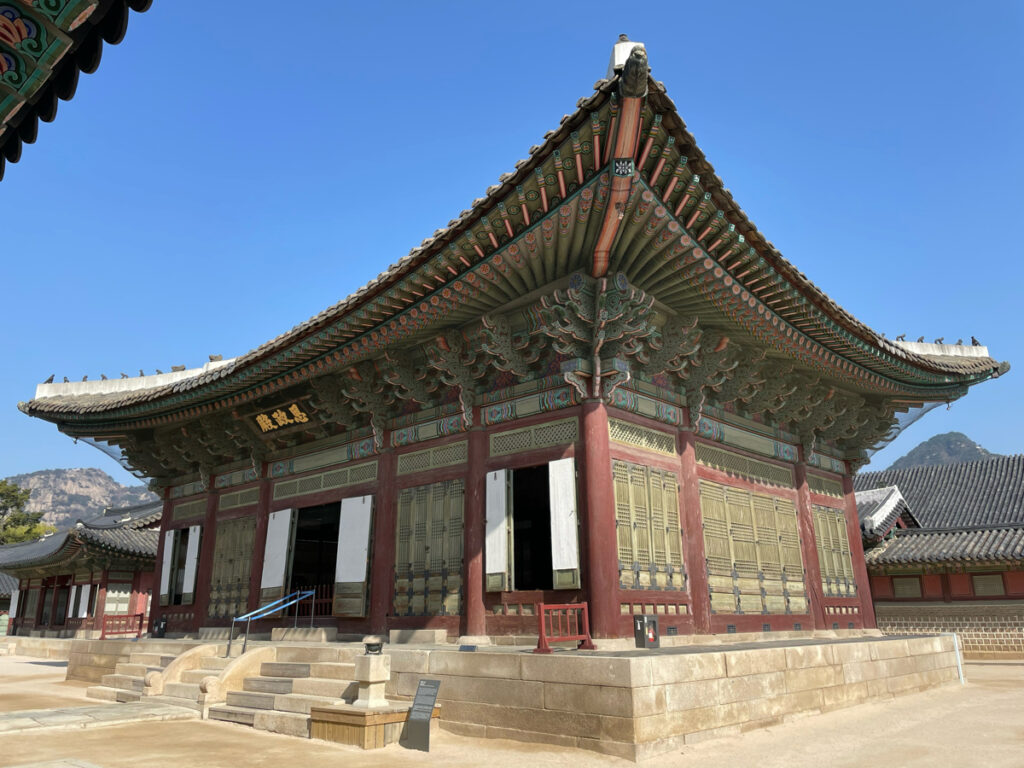The women of Gyeongbokgung played crucial and often complex roles, influencing Korea’s history in unique ways. Behind the palace walls, queens and royal concubines upheld the dynasty, serving as partners in governance, culture, and diplomacy. Queens like Queen Seondeok and Queen Munjeong were influential figures, managing internal palace affairs, advising kings, and even acting as regents during times of political transition.

Women in Gyeongbokgung also served as court ladies and scholars. These educated women contributed to the arts and sciences, helped produce texts on Confucian ethics, and supported national governance. Additionally, many served as educators to younger generations of royals, emphasizing moral and intellectual development.
These influential women were not only confined to palace life; they played indispensable roles in preserving Korean heritage and tradition, often leaving legacies that extended beyond the palace. The contributions of women in Gyeongbokgung illustrate their pivotal influence within the Joseon dynasty, blending roles as educators, advisors, and advocates for cultural refinement.
Key Figures and Their Roles
| Title | Contribution |
| Queen | Oversaw palace governance, advised the king, sometimes acted as regent, promoted social and political reforms. |
| Court Ladies | Managed royal family’s education, influenced cultural pursuits, and preserved palace records. |
| Female Scholars | Contributed to art and science, produced writings, and promoted Confucian principles within royal life. |
Exploring the lives and roles of women at Gyeongbokgung offers a new perspective on the palace’s history, emphasizing their far-reaching impact on Korea’s cultural and political heritage.